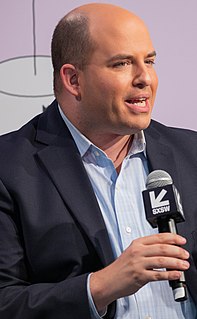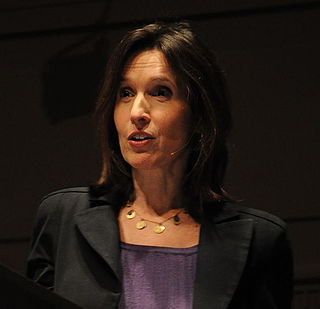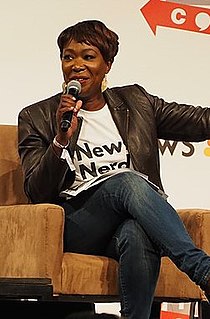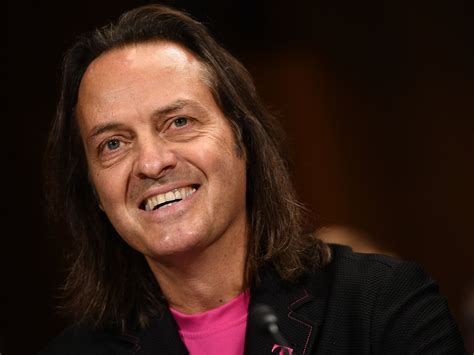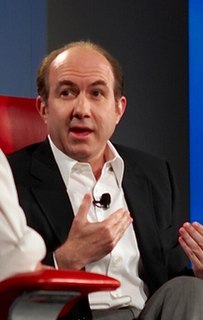A Quote by Hanya Yanagihara
From 1999 through 2001, I was an editor at a now-defunct magazine about the media industry called 'Brill's Content' that eventually merged with a now-defunct website about the media industry called Inside.com.
Related Quotes
The reports that Media Matters have done about sexism in our society and really the mainstream media called Hillary Clinton "castrating," they called her the B word, they called her all kinds of horrible things. And I think in a sense that it raised the awareness in our country, so that we can have a national discussion about it.
I was co-editor of the magazine called The Jazz Review, which was a pioneering magazine because it was the only magazine, then or now, in which all the articles were written by musicians, by jazz men. They had been laboring for years under the stereotype that they weren't very articulate except when they picked up their horn.
Instagram is a media company. I think we're about visual media. I explain ourselves as a disruptive entertainment platform that enables communication through visual media. I don't think it's just photos. There's a reason we don't allow you to upload photos on the Web as albums. It's not about taking all these photos off your DSLR putting them into an album and sharing them with your family. It's not about that. It's about what are you up to right now out in the real world, how can you share that with everyone.
We did start with a simple manifesto, as we called it, which was a description of what we were about, and it was the Un-carrier. It was about finding and solving customer pain points in an attempt to fix a stupid, broken, arrogant industry. It was something we felt passionate about. It was our goal to make changes and have the industry make the same ones.
The media industry grows more complex every day as technology fuels changes in how audiences consume entertainment. World Screen magazine is an essential resource, consistently providing keen insight into the players and latest developments in both established and emerging media markets around the globe.




